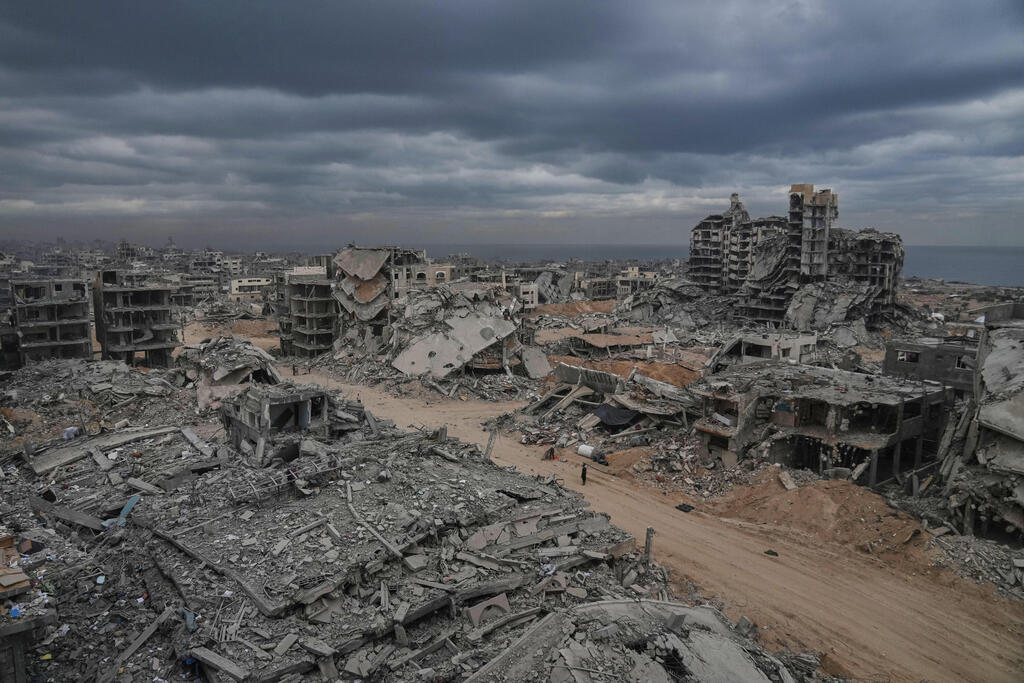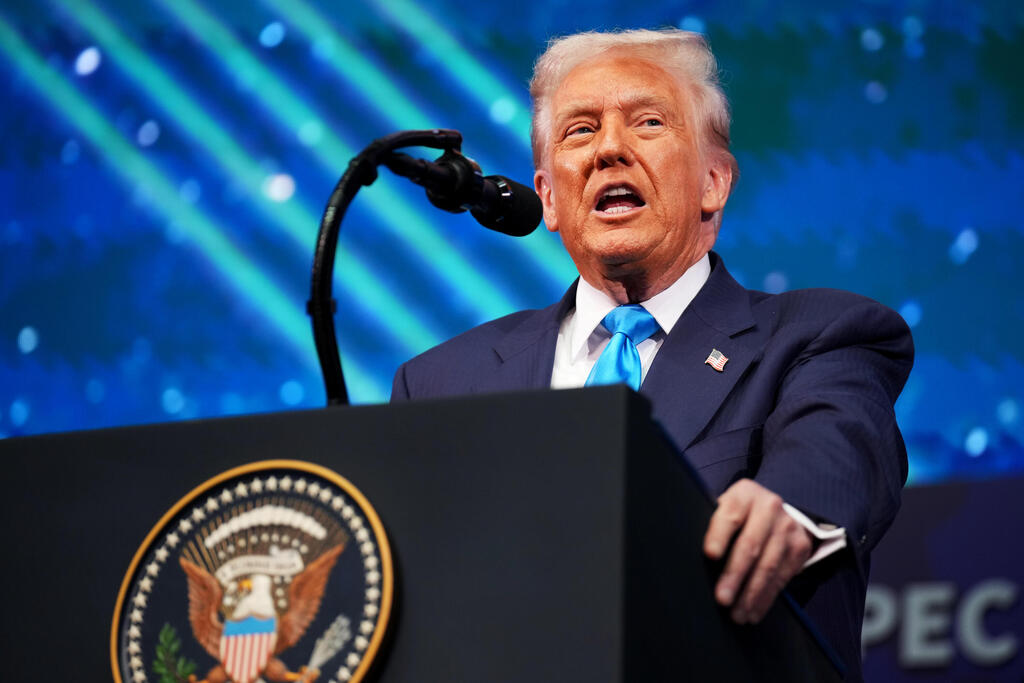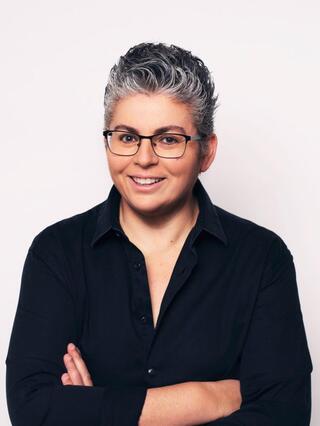Opinion: The GREAT Trust plan to rebuild Gaza isn’t just humanitarian aid—it’s a test case for turning land into financial assets; beneath talk of innovation lies a modern form of feudalism, where devastated territories become digital-age commodities
Imagine Gaza’s shoreline, a few kilometers of shattered coast reborn as luxury resorts, artificial islands in the style of Dubai and a neon casino glittering under the name “Trump Riviera & Islands.” This is not a dystopian fantasy. It is a genuine proposal embedded in the GREAT Trust, a U.S.-led international plan that seeks to rebuild Gaza by turning it into a financial and tourist hub.
Behind the glossy imagery lies a different agenda. Gaza is being recast as a laboratory for a global economic experiment. Land, once a symbol of …
Opinion: The GREAT Trust plan to rebuild Gaza isn’t just humanitarian aid—it’s a test case for turning land into financial assets; beneath talk of innovation lies a modern form of feudalism, where devastated territories become digital-age commodities
Imagine Gaza’s shoreline, a few kilometers of shattered coast reborn as luxury resorts, artificial islands in the style of Dubai and a neon casino glittering under the name “Trump Riviera & Islands.” This is not a dystopian fantasy. It is a genuine proposal embedded in the GREAT Trust, a U.S.-led international plan that seeks to rebuild Gaza by turning it into a financial and tourist hub.
Behind the glossy imagery lies a different agenda. Gaza is being recast as a laboratory for a global economic experiment. Land, once a symbol of home, belonging and identity, is now a financial asset, managed by an international trust, translated into digital tokens and traded on global markets. If this experiment succeeds, it will not stop in Gaza. It will be replicated across Africa, Southeast Asia and even Greenland, anywhere that conflict, poverty or political weakness can be reframed as an “investment opportunity.”
2 View gallery


Shati refugee camp, northern Gaza
(Photo: AP Photo/Abdel Kareem Hana)
History has always been clear on one thing: land is not just real estate; it is the foundation of power. In feudal times, the lord who owned the soil ruled the people who worked it. In the twentieth century, land reforms from Egypt to Mexico to Latin America were never about improving agriculture; they were about dismantling old elites and building new political orders. Control over land has always meant control over people.
The GREAT Trust takes this same logic a step further, or perhaps merely dresses it in digital language. Thirty percent of Gaza’s public land is to be leased to an international trusteeship for 25 to 99 years, recorded on a blockchain and divided into tradable tokens. Those who stay will receive housing in pre-planned “smart cities.” Those who leave will be offered generous “relocation packages.” The shoreline that once belonged to the community will become a branded real-estate asset, the Trump Riviera.
Technology promises transparency, liquidity and mobility, yet the essence remains unchanged: land is still being taken from the community and managed by external power. Only now, that power wears the language of finance, IRR, tokenization and ROI.
2 View gallery


US President Donald Trump
(Photo: Andrew Harnik/Getty Images)
The real novelty, then, lies not in the mechanism but in the scale. Gaza is a global pilot. If ruins can be turned into a profitable tourism and finance zone, all while maintaining “stability” and investor returns, the model can be applied anywhere. The formula is simple: take a weakened territory, rebrand it as a humanitarian problem, convert its land into a managed asset and extract profit under remote political supervision.
What is unfolding in Gaza today may become tomorrow’s blueprint for other post-conflict regions, from Iraq to the Congo. Technology, far from liberating communities, is accelerating the financialization of land and pushing ownership ever farther from those who live on it.
We should not look away. Yes, technology has accelerated the process, capital can now be raised instantly, ownership fragmented and value extracted long before rubble gives way to reconstruction. But the underlying power structure remains. Land continues to define control, identity and conflict. From feudal estates to digital tokens, it is the same game, only the language has changed.
 Dr. Bella Barda Bareket Photo: Lia Yaffe
Dr. Bella Barda Bareket Photo: Lia Yaffe
The Trump Riviera & Islands is not merely a real-estate brand; it is a symbol, a symbol of how the world is learning to convert scorched ground into profitable assets. Gaza is not just a local tragedy; it is a global laboratory. If this experiment succeeds, the same logic will migrate elsewhere and land everywhere could become the next token in the marketplace.
Ultimately, the question is not whether technology will change reality, it already has, by accelerating its pace. The real question is whether we will allow it to replicate an ancient order of power: one in which those who control the land wield authority, communities become footnotes and global markets turn into the true arena of human destiny.
Dr. Bella Barda Bareket is a global trends analyst specializing in the intersection of economics, geopolitics and technology.